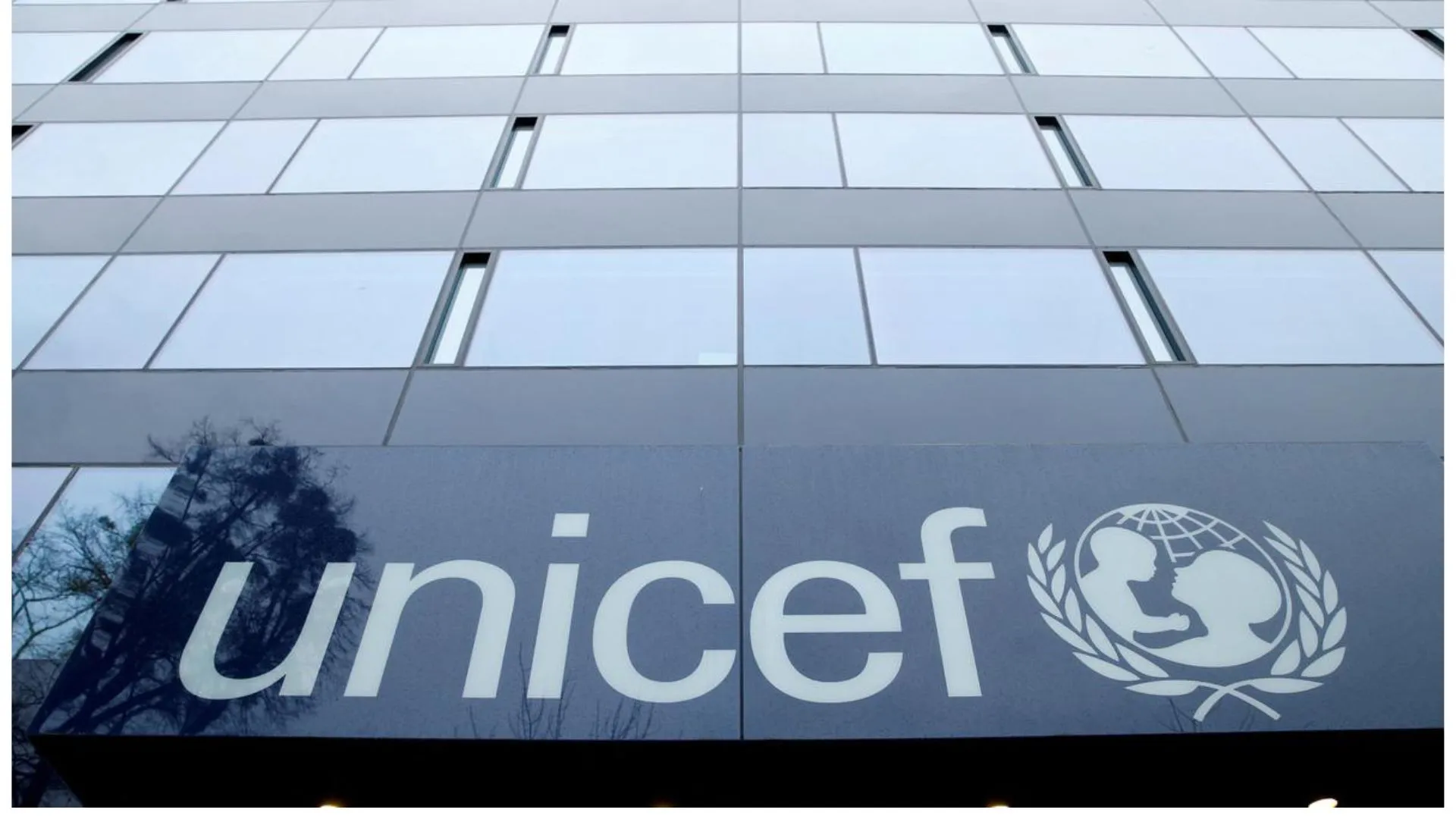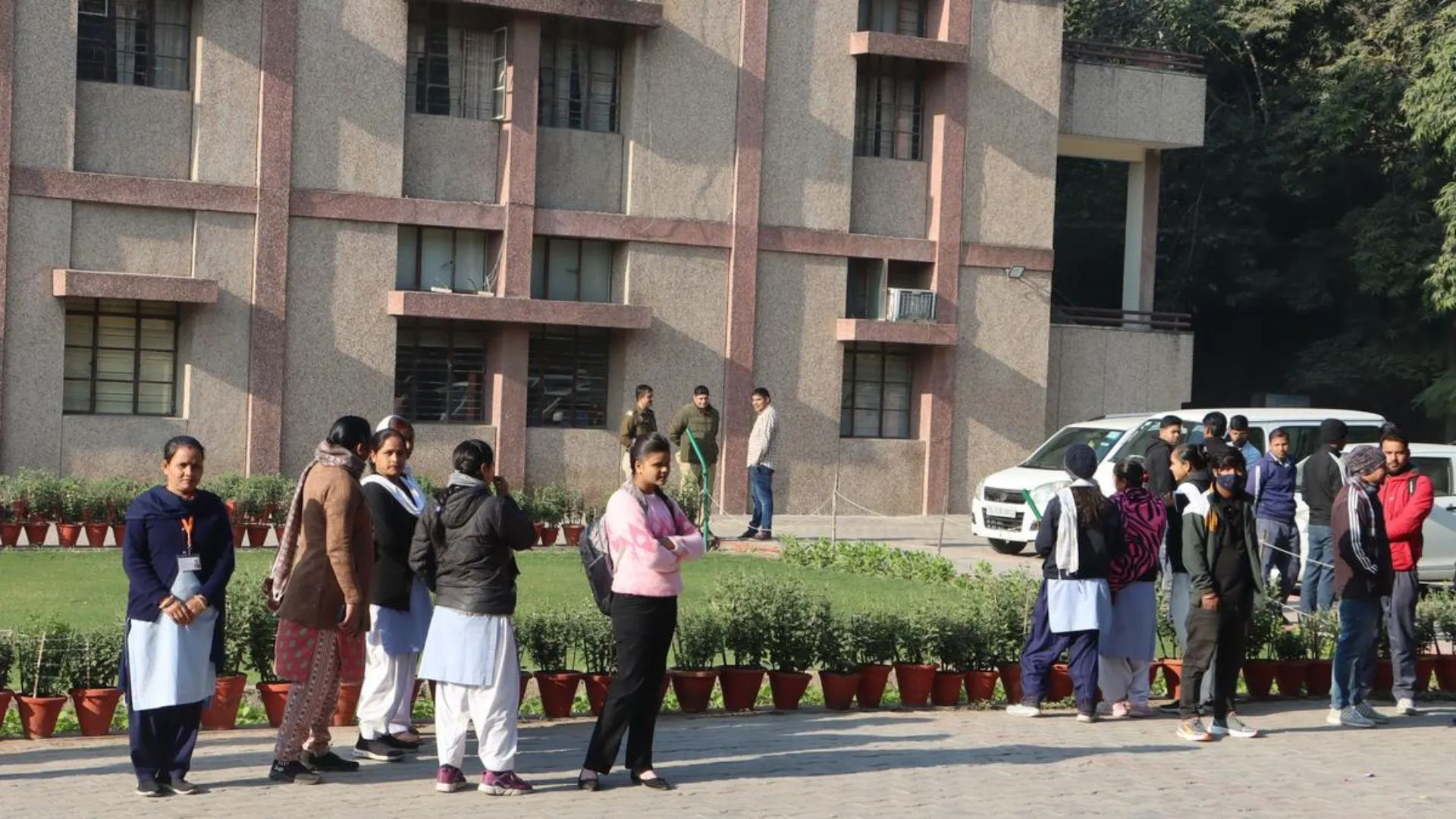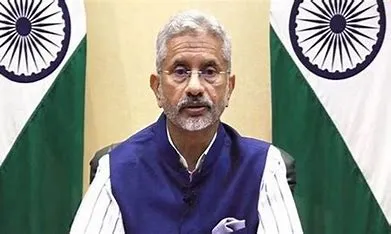UNICEF has praised Chief Minister Dr. Mohan Yadav’s efforts to improve the health of adolescent girls in Madhya Pradesh. In a post on social media platform X, UNICEF commended the Chief Minister’s Sanitation and Hygiene Scheme, describing it as a unique initiative to enhance adolescent girls’ well-being.
Notably, on August 11, during the Samvad and Samman program for girl students held in Bhopal, Chief Minister Dr. Yadav transferred Rs 57 crore 18 lakh to the accounts of 19 lakh girl students under the Sanitation and Hygiene Scheme of the Samagra Shiksha program.
Under the Sanitation and Hygiene Scheme, funds have been allocated for providing sanitary napkins to girl students in classes 7 to 12. The scheme also educates students in schools and colleges about the importance of cleanliness and personal hygiene. It is implemented as part of the Samagra Shiksha Abhiyan of the School Education Department.
In India, sanitation and hygiene are particularly crucial for girls due to several unique socio-cultural and infrastructural factors. Inadequate access to sanitary products and proper hygiene facilities can lead to infections, rashes, and other health issues. Proper sanitation practices help manage menstruation effectively, reducing health risks. Improved sanitation reduces the risk of waterborne diseases and infections, which are common in areas with poor sanitation infrastructure.
Many girls in India miss school during menstruation due to a lack of sanitary products and inadequate facilities. Ensuring access to these products and proper hygiene facilities helps girls attend school regularly. Consistent school attendance and participation are linked to better educational outcomes. By addressing hygiene needs, girls are more likely to stay in school and perform better academically.
Menstruation is often surrounded by stigma and cultural taboos in India. Access to sanitation and hygiene education helps dispel myths, reduces stigma, and empowers girls to handle menstruation with dignity. Proper hygiene management contributes to a sense of personal dignity and self-worth, allowing girls to engage more confidently in all aspects of life.
Inadequate sanitation facilities in schools and public places can expose girls to unsafe conditions and harassment. Access to safe, private, and clean sanitation facilities helps protect girls’ safety and privacy. When girls have access to proper sanitation and hygiene, it sets a positive example for the community, promoting broader public health and safety standards.
Poor menstrual hygiene management can lead to health issues that incur medical costs and reduce productivity. Access to sanitary products and proper hygiene facilities can reduce these economic burdens. When girls are able to attend school regularly and are less affected by health issues, they are better positioned to pursue higher education and career opportunities, contributing to economic development. In many parts of India, traditional practices and beliefs around menstruation can limit girls’ participation in daily activities. Education and access to proper hygiene help challenge and change these practices, fostering more inclusive social norms.
Addressing these needs aligns with various government initiatives aimed at improving women’s health and education, such as the Swachh Bharat Mission and the Beti Bachao Beti Padhao scheme. Addressing sanitation and hygiene needs for girls in India is essential not only for improving their health and educational outcomes but also for fostering broader social and economic development.






















